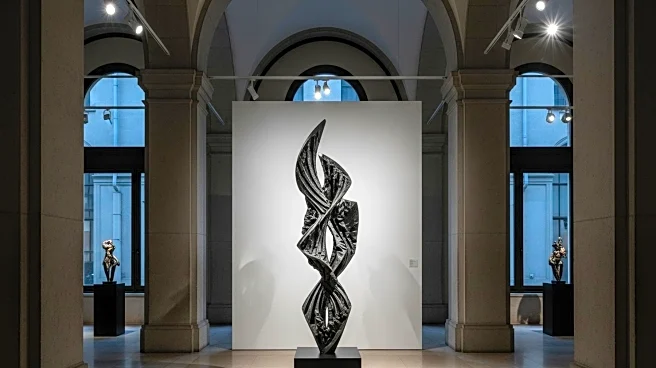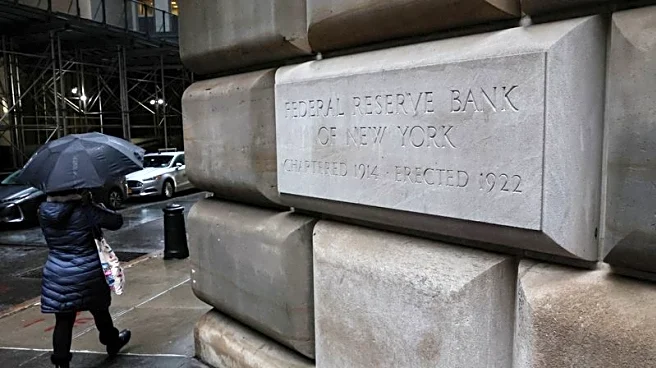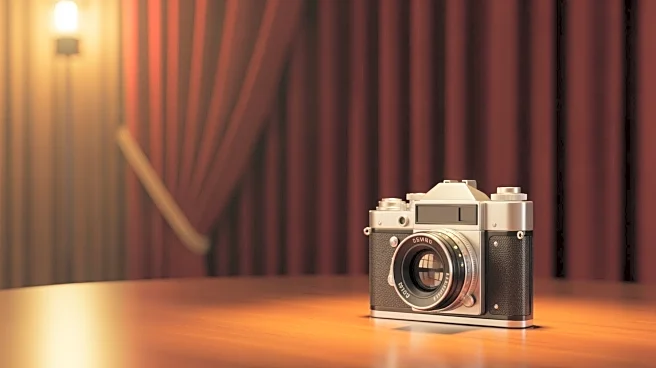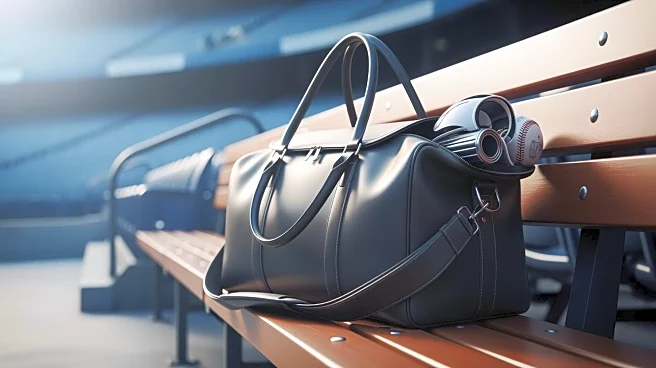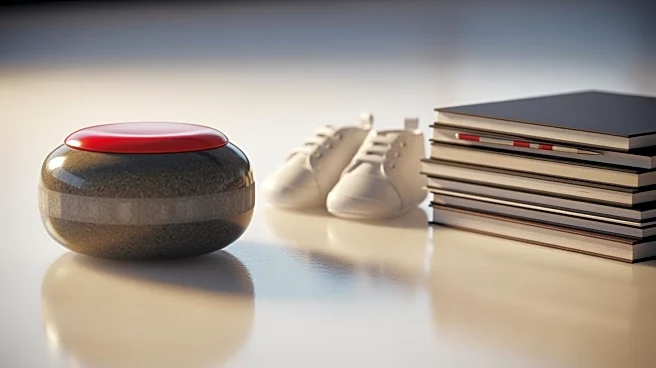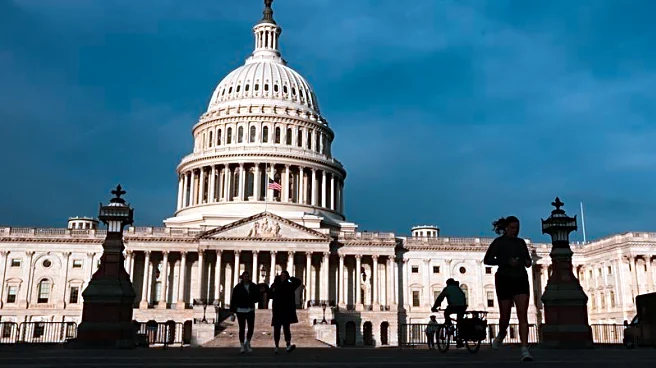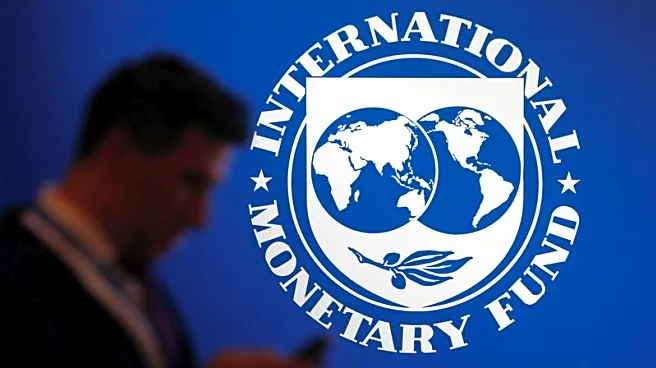What is the story about?
What's Happening?
Thaddaeus Ropac, an Austrian art dealer, has opened a new gallery in Milan following recent tax changes in Italy and the UK. The Italian government has implemented a reduced 5% VAT on art sales and imports, the lowest rate in the EU, which has attracted millionaires from London to Milan. This move comes after the UK abolished the non-dom status, requiring UK residents with permanent homes elsewhere to pay tax on foreign income. Ropac's new gallery is located in the historic Palazzo Belgioioso and aims to develop a local audience and market for contemporary artists. Milan is becoming a hub for millionaires due to its attractive tax regime, and Ropac is optimistic about the city's potential for art and cultural growth.
Why It's Important?
The opening of Ropac's gallery in Milan highlights the city's growing appeal as a cultural and economic hub, driven by favorable tax policies. This development could significantly impact the art market, attracting wealthy collectors and boosting local businesses. Milan's transformation into a center for art and culture may enhance its global reputation, drawing more international artists and galleries. The influx of millionaires could also stimulate the local economy, creating opportunities for investment and development in various sectors. The gallery's focus on contemporary art may further enrich Milan's cultural landscape, fostering creativity and innovation.
What's Next?
Ropac plans to cultivate a local audience and market for his artists' work, leveraging Milan's existing structure of collectors. The gallery aims to inspire and engage the community, potentially leading to collaborations with local artists and institutions. As Milan continues to attract wealthy individuals, the city's art scene may experience further growth, with more galleries and cultural events emerging. The reduced VAT on art sales could encourage other international dealers to consider Milan as a viable location for expansion. The city's evolving status as a cultural hub may also influence urban development and tourism strategies.
Beyond the Headlines
Milan's transformation into a cultural hub raises questions about the ethical implications of tax policies that favor the wealthy. While the influx of millionaires may boost the economy, it could also exacerbate social inequalities and impact housing affordability. The focus on contemporary art may shift cultural priorities, potentially overshadowing traditional art forms and local heritage. The gallery's success could inspire other cities to adopt similar tax strategies, influencing global art market dynamics. The long-term impact on Milan's cultural identity and community cohesion remains to be seen.
